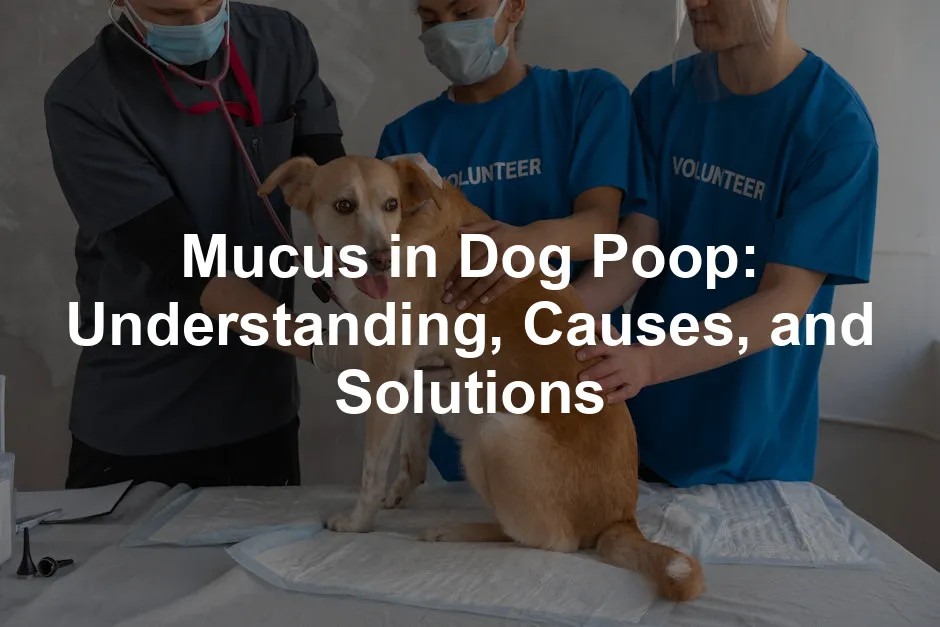Introduction
Have you ever noticed mucus in your dog’s poop? It’s a common concern among pet owners. Mucus in stool can tell us a lot about your dog’s health. While small amounts often aren’t alarming, excessive mucus may signal underlying health issues. Recognizing the signs and consulting a veterinarian is crucial for your pet’s well-being.
Summary and Overview
Mucus in dog poop is a slippery substance produced by the intestines. Its primary role is to lubricate and protect the intestinal lining. A small amount of mucus is normal, but when it becomes excessive, it can indicate health problems. Key causes of mucus in dog stool include dietary changes, infections, and parasites. Always monitor your dog’s stool for changes and consult a vet if you notice anything unusual. Keeping a close eye on your dog’s poop can be a vital part of ensuring their health.
To support your dog’s gut health, consider adding Dog Probiotics for Gut Health. These little wonders can help balance your pet’s digestive system and keep those mucus levels in check!
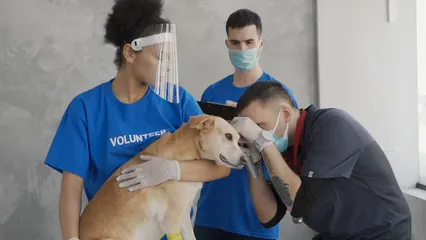
Understanding Mucus in Dog Poop
What is Mucus?
Mucus is a natural lubricant produced by your dog’s intestines. This slimy substance plays a vital role in facilitating digestion. It helps to protect the intestinal lining from irritants and harmful bacteria. Mucus acts as a barrier, ensuring that everything moves smoothly through the digestive tract.
Normal vs. Abnormal Mucus
A normal amount of mucus may appear as a thin, clear coating on the stool. It can also take on a jelly-like consistency. However, if you notice large amounts or changes in color, it could indicate a problem. Mucus may appear clear, white, or even green if an infection is present. Always be attentive to the appearance of your dog’s poop. Monitoring these changes can help you catch potential health issues early.
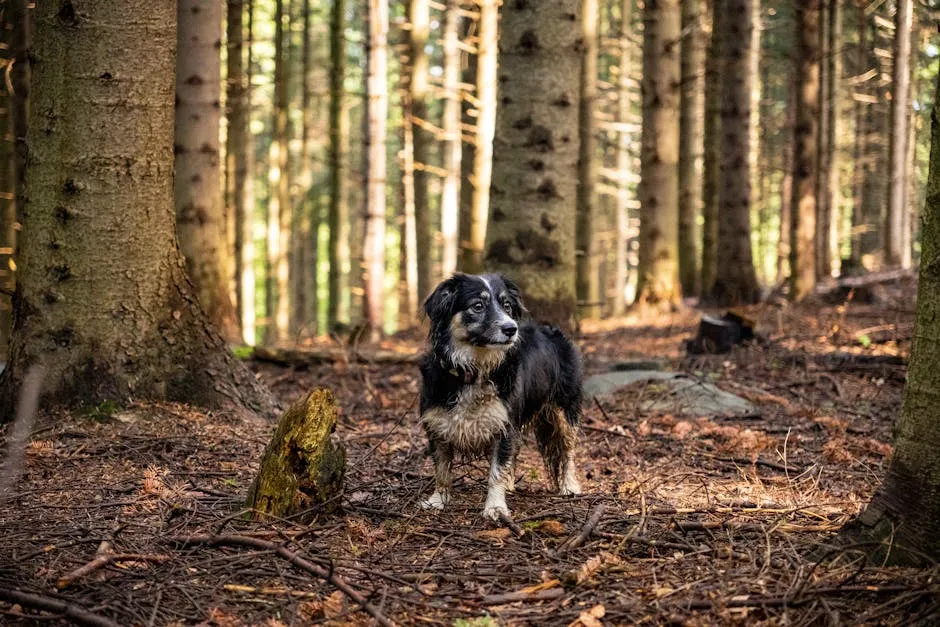
Common Causes of Mucus in Dog Poop
Mucus in your dog’s poop can be unsettling. However, understanding what causes it can help you determine when to seek veterinary advice. Let’s break down the leading causes into dietary and health-related issues.
Dietary Causes
Dietary Changes
Sudden changes in your dog’s diet can lead to excess mucus. When you switch foods abruptly, your dog’s digestive system may react negatively. This reaction can increase mucus production as the intestines struggle to adapt. To prevent this, transition to new food gradually over several days. Mixing the new food with the old can ease the change.
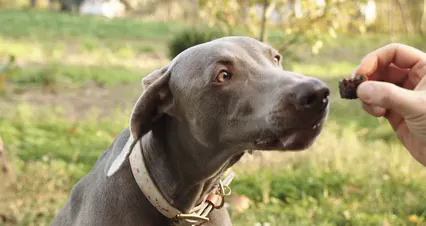
Food Allergies and Sensitivities
Certain food ingredients might trigger mucus production in your dog’s stool. Allergies to proteins, grains, or additives often lead to inflammation in the digestive tract. This inflammation can result in increased mucus. If you suspect a food allergy, consider a limited-ingredient diet. This approach allows you to identify and eliminate the offending ingredient.
Health-Related Causes
Infections and Parasites
Intestinal infections and parasites are common culprits behind mucus in dog poop. Bacterial infections, like those from Salmonella or E. coli, can cause significant irritation. Similarly, parasites like Giardia or whipworms may create a mucus-rich environment in the intestines. Regular fecal exams can help catch these issues early.
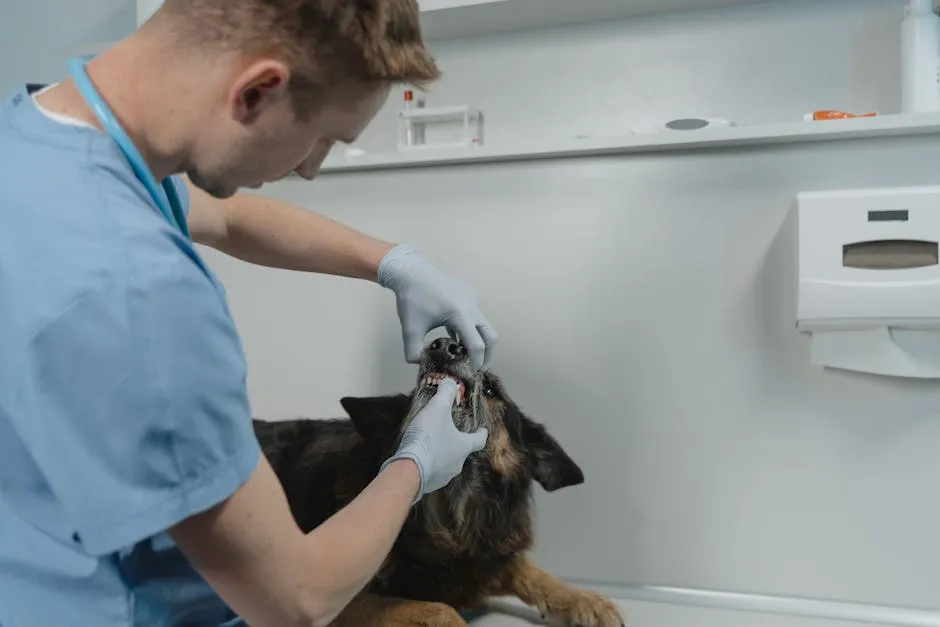
Inflammatory Bowel Disease (IBD)
IBD is a chronic condition that can lead to excessive mucus production. This disease causes inflammation in the gastrointestinal tract. Symptoms often include weight loss, diarrhea, and discomfort. If you notice persistent mucus along with these signs, consult your veterinarian for proper diagnosis and management.
Stress and Anxiety
Believe it or not, your dog’s emotional state can affect their digestive health. Stressful situations, such as moving to a new home or changes in routine, can lead to mucus production. Dogs may experience stress-induced colitis, leading to increased mucus in their stools. Identifying stressors and providing a calming environment can help alleviate these symptoms.

Understanding these common causes allows you to monitor your dog’s health more effectively. If mucus persists or is accompanied by other concerning symptoms, it’s essential to consult your veterinarian for a thorough evaluation.
Other Symptoms to Monitor
When assessing mucus in your dog’s poop, consider other symptoms. Noticing your dog vomit? This could signal a more significant issue. Vomiting can accompany digestive distress, infections, or toxins. If your dog appears lethargic, that’s another red flag. A lack of energy might indicate illness or discomfort.
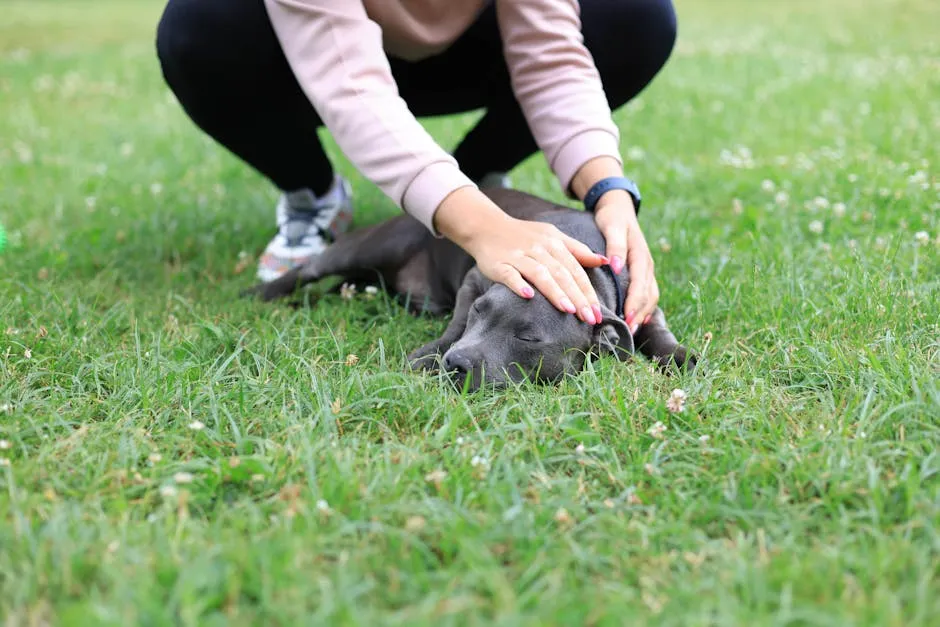
Watch for changes in appetite, too. Is your dog eating less or refusing food? This behavior can point to underlying health problems. Additionally, pay attention to diarrhea. If it persists or contains blood, it’s time to see a vet.
Combining mucus with these symptoms warrants a veterinary visit. Your vet will help determine if there’s a serious concern. Always prioritize your dog’s well-being by monitoring these signs closely.
Diagnosis of Mucus in Dog Poop
Veterinary Evaluation
A veterinary evaluation is essential when mucus appears in your dog’s poop. Your vet will begin by gathering a complete health history. They’ll ask about changes in diet, behavior, or environment. This information helps them understand potential causes. Next, they’ll perform a thorough physical examination. The vet will check for signs of dehydration, pain, or discomfort. This hands-on assessment is crucial for determining the initial diagnosis.
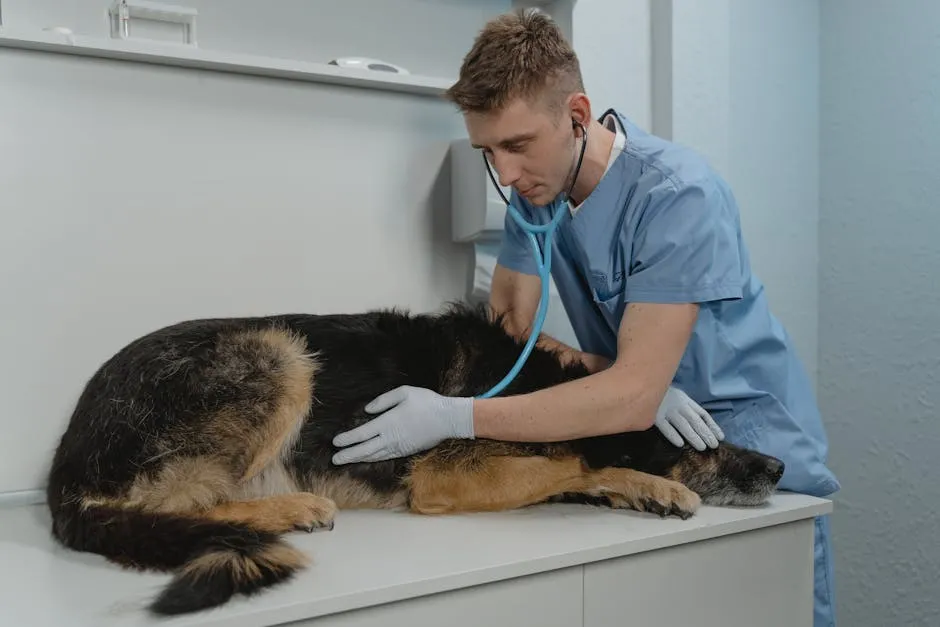
Diagnostic Tests
If necessary, your vet may recommend diagnostic tests. A fecal exam helps identify parasites or infections. Blood work can reveal underlying issues, including organ function. In some cases, imaging like X-rays or ultrasounds may be needed. These tests provide a clearer picture of your dog’s health. If your vet suspects a more complex issue, they may suggest an endoscopy or intestinal biopsy. These procedures allow for a detailed examination of the gastrointestinal tract.
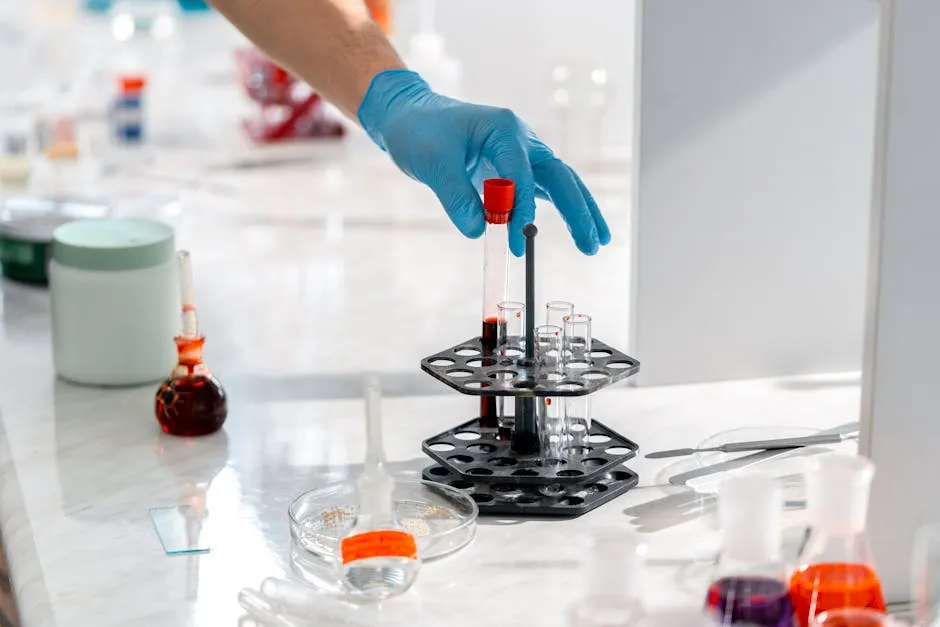
Treatment Options
Home Remedies
Dietary Adjustments
Home remedies can be effective for mild mucus issues. Start with dietary adjustments. A bland diet often helps settle the stomach. Foods like boiled chicken, white rice, or pumpkin are great options. These foods are easy to digest and may ease inflammation. Gradually reintroduce regular food after a few days if your dog improves. Adding fiber can also help firm up stools and reduce mucus.
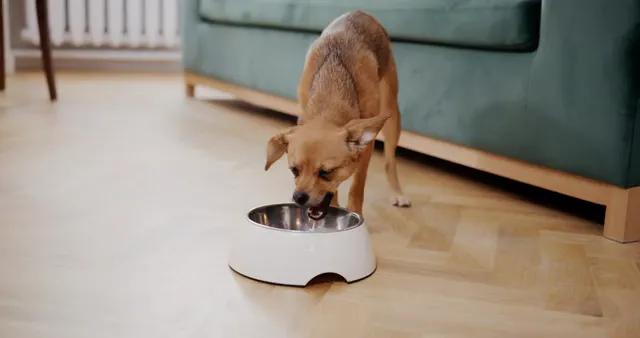
Probiotics
Probiotics are another beneficial option. These supplements support gut health by restoring balance. They can help reduce inflammation and improve digestion. You can find probiotics specifically formulated for dogs. Always consult your vet before starting any new supplement. They can guide you on the correct dosage and type for your pet.
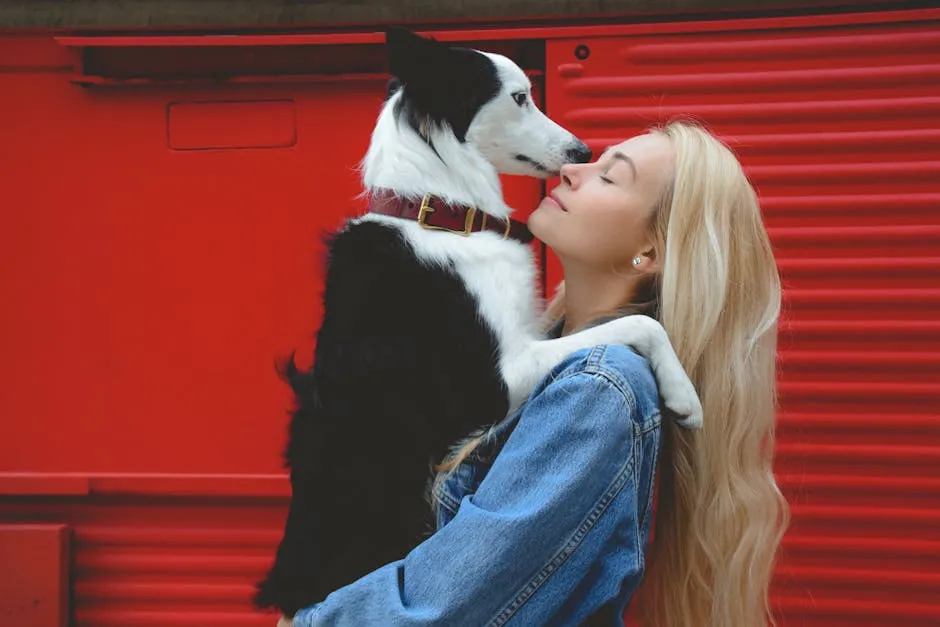
In conclusion, monitoring your dog’s poop is vital for their health. If mucus persists or is accompanied by alarming symptoms, consult your veterinarian. They’ll provide the best advice for your furry friend.
Probiotics can be beneficial for your dog’s digestive health. For more information, check out this article on dog probiotics.
Veterinary Treatments
Medications
When your dog has mucus in their poop, medications may be required based on the diagnosis. Your veterinarian might prescribe anti-parasitics if parasites are the root cause. These medications target specific worms or protozoa, helping your dog recover. If a bacterial infection is present, antibiotics can help eliminate harmful bacteria. In more severe cases, steroids may be prescribed to reduce inflammation in the intestines. Always follow your vet’s guidance on medication and dosage to ensure your dog’s safety.
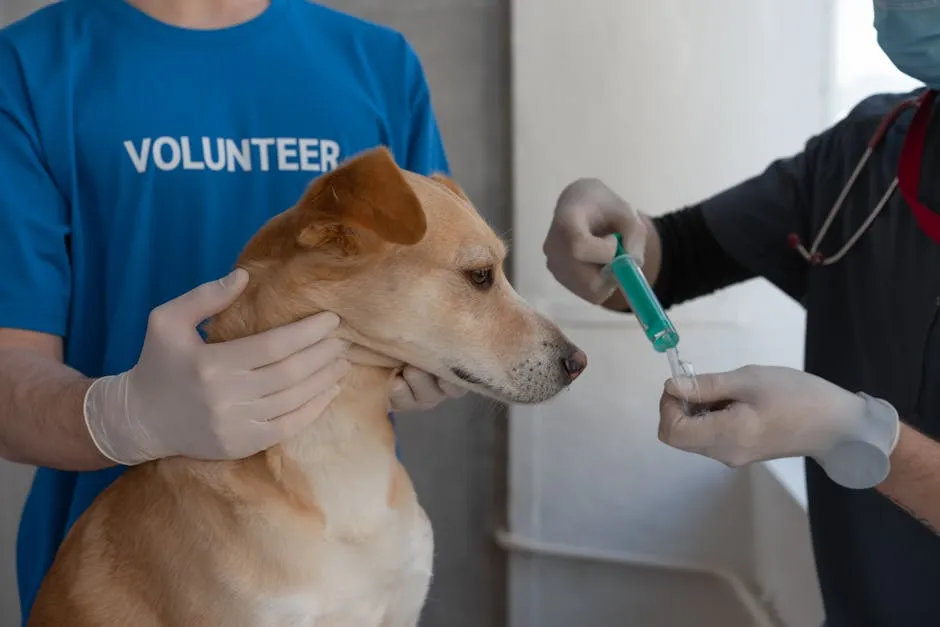
Long-term Management
For chronic conditions like Inflammatory Bowel Disease (IBD), long-term management is essential. This often includes dietary changes to minimize flare-ups. Your vet may recommend a special diet that’s low in irritants and high in digestible ingredients. Regular check-ups will help monitor your dog’s health and adjust treatment plans as needed. Probiotics can also play a role in managing gut health and reducing inflammation. Keeping a close relationship with your vet is key to ensuring your dog’s well-being over time.
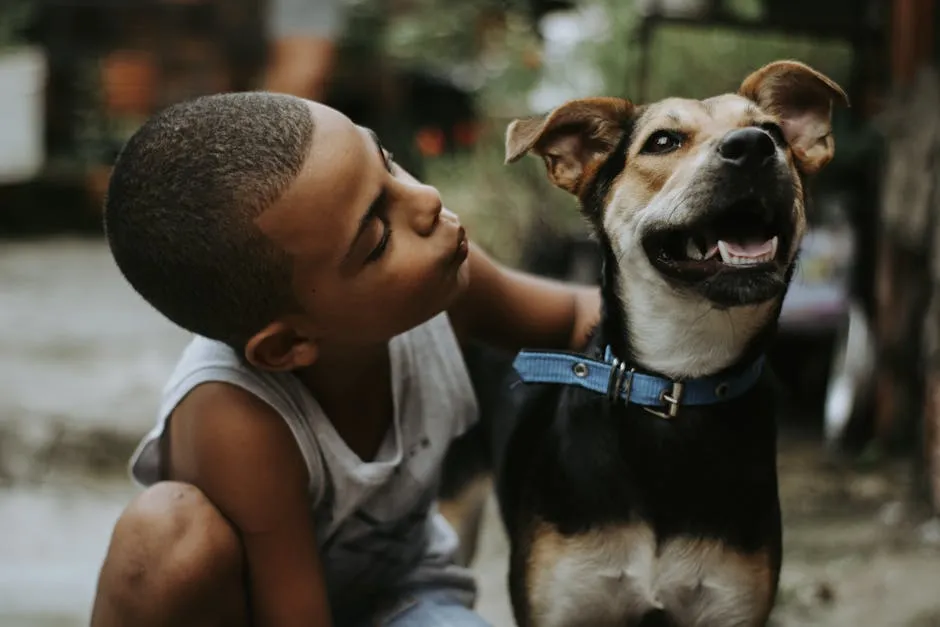
Preventing Mucus in Dog Poop
Routine Care
Preventing mucus in dog poop starts with routine care. Regular veterinary check-ups are crucial for early detection of health issues. These visits allow your vet to monitor your dog’s overall health and catch potential problems before they escalate. Vaccinations also play a vital role in preventing infections that can lead to mucus in stools. Staying up to date with these appointments helps ensure your furry friend remains healthy and happy.
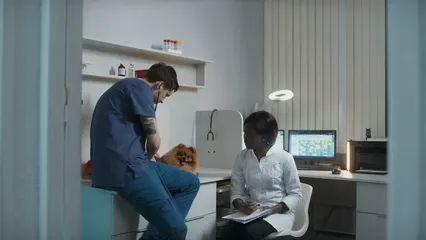
Additionally, having a Pet First Aid Kit on hand can be a game changer for minor injuries or emergencies. You never know when your pup might need a little TLC!
Diet Management
Diet management is another critical factor. A balanced diet keeps your dog’s digestive system functioning well. Avoiding harmful foods, like table scraps and low-quality dog food, is essential. Instead, choose high-quality, nutritious foods tailored to your dog’s needs. Gradually introducing new foods helps prevent digestive upset. Remember, a healthy diet supports not just digestion but overall health, reducing the chances of mucus appearing in your dog’s stool. Regularly monitoring your dog’s diet can make a significant difference in their health.
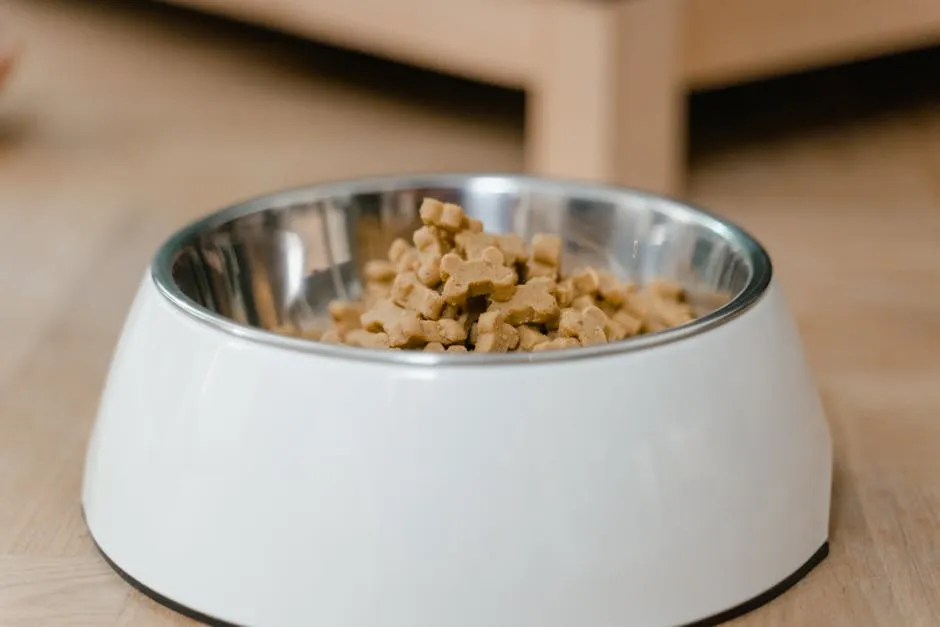
To store dog food properly, consider investing in a Dog Food Storage Container. Keeping food fresh helps prevent spoilage and keeps your dog happy!
Conclusion
Monitoring mucus in your dog’s poop is crucial for their health. Small amounts of mucus can be normal, but excessive mucus often indicates underlying issues. Be vigilant for alarming signs such as blood or persistent diarrhea. These could signal serious health problems that require immediate attention.
If you notice abnormal mucus levels or other concerning symptoms, consult your veterinarian. They can provide a proper diagnosis and treatment plan. It’s always better to err on the side of caution when it comes to your furry friend’s health.
Encouraging good health practices is essential. Maintain a balanced diet, regular vet check-ups, and manage stress to keep your dog healthy. Your attention to their digestive health can make a significant difference in their overall well-being. For more insights on dog health issues, be sure to check out our detailed guide.
FAQs
What does mucus in dog poop look like?
Mucus in dog poop can appear as shiny slime, clear jelly, or even a coating around the stool. It may be colorless, white, or greenish, depending on the underlying cause.
Is mucus in dog poop an emergency?
A small amount usually isn’t alarming. However, if there’s a large amount or it appears consistently, especially with diarrhea or blood, seek veterinary care immediately.
How can I treat mucus in my dog’s poop at home?
For minor cases, consider a bland diet like boiled chicken and rice. Adding probiotics can also help restore gut health. Ensure your dog stays hydrated.
What dietary changes can help with mucus in dog poop?
Switching to a high-quality, easily digestible diet can help. Avoid sudden changes; introduce new food gradually. Consider a limited-ingredient diet if food allergies are suspected.
When should I take my dog to the vet for mucus in their poop?
If mucus is accompanied by other symptoms like vomiting, lethargy, blood in the stool, or changes in appetite, it’s crucial to see a vet for a thorough evaluation.
Please let us know what you think about our content by leaving a comment down below!
Thank you for reading till here 🙂
And while you’re at it, why not make your dog’s life a little more fun with Interactive Dog Toys? They’ll keep your pup engaged and entertained for hours!
Also, don’t forget to check out a Dog Training Pads for those little accidents while you’re working on their potty training!
Finally, if your dog enjoys the outdoors, a Dog Water Bottle with Bowl is a must-have for hydration on the go!
All images from Pexels

